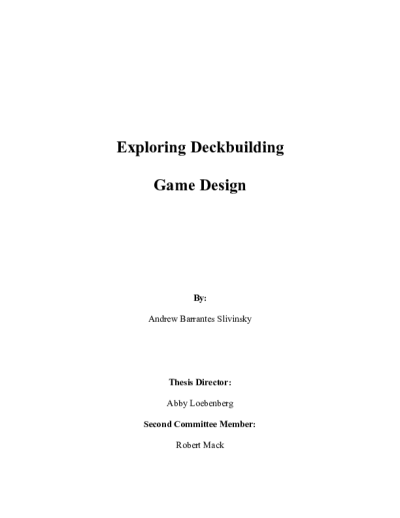In Isle of Thrones, you must build up your kingdom to avoid being dominated by your opponent. Players start with a castle as their initial piece of land and draw cards from two decks, Event and Effect, which can influence the game. Each turn involves drawing an Event Card, playing Effect Cards, taking actions such as placing land tiles strategically on the board to expand territory, and potentially drawing more Effect Cards. Players earn points by placing land tiles with different named pieces of the same point value next to each other, and the game ends when the board is filled or when a player can no longer place more pieces. Land pieces can be destroyed and returned to the Land Pile, and the player with the most points at the end of the game wins.
The Greek myths are foundational to Western culture. To this day, school curriculums dedicate portions of their time to teaching the names of the Greek gods and studying Homer’s The Odyssey and Iliad. Outside of an academic setting, countless retellings of the Greek myths have been created for pure enjoyment purposes. Such stories have been marketed to a large range of audiences and have successfully gained world-wide recognition. This project aims to evaluate the mass appeal of the Greek myths as they are retold through Sigmund Freud’s theory of the death and life instincts. These theories manifest in a few different ways, each of which is evident in the genre of Greek myths retold. Utilizing six examples of Greek myth retellings, this project will demonstrate how the theories of the life and death instincts are active in the process of retellings an age-old story as well as how the retellings of the ancient Greek myths, specifically, demonstrate the manifestations of those instincts.


Samantha and Rachel both have a history in gifted education and wanted to create a safe space for the two of them and their peers to discuss the effects gifted/ accelerated education has had on them, specifically pertaining to burnout. To best dive into this matter, Gifted Kid Syndrome podcast was born! During which, our hosts interviewed students and professionals, allowing everyone to share their pasts, their hopes for the future, and what they’ve learned along the way regarding mental health, identity, education, and personal success.
Samantha and Rachel both have a history in gifted education and wanted to create a safe space for the two of them and their peers to discuss the effects gifted/ accelerated education has had on them, specifically pertaining to burnout. To best dive into this matter, Gifted Kid Syndrome podcast was born! During which, our hosts interviewed students and professionals, allowing everyone to share their pasts, their hopes for the future, and what they’ve learned along the way regarding mental health, identity, education, and personal success.

This creative project explores the socioeconomic disparity seen amongst students in the pre-dental track along with the creation of a scholarship fund designed for need-based pre-dental students in order to cover dental school application costs. It touches on resources available for need-based students, scholarship effectiveness, as well as the service learning journals documenting the experience of researching and implementing a scholarship fund.
This creative honors thesis explores game design by going through the game design experience to produce a prototype of an original board game. From being a casual board game designer to creating one herself, here is a re-account of the experiences it took to design Descent into the Deep. The game design process involved intensive research of game mechanics, learning design tool skills for prototyping, and playtesting to create a playable original board game. Descent into the Deep is a hand management/path game that has players balance their resources to stay alive while considering the opportunity costs of their decisions to earn the most research points. Descent into the Deep has players push their luck and brains to collect research cards for points or offense and defense attacks against other players. The documentation includes the game's rule book, design process, and journal.